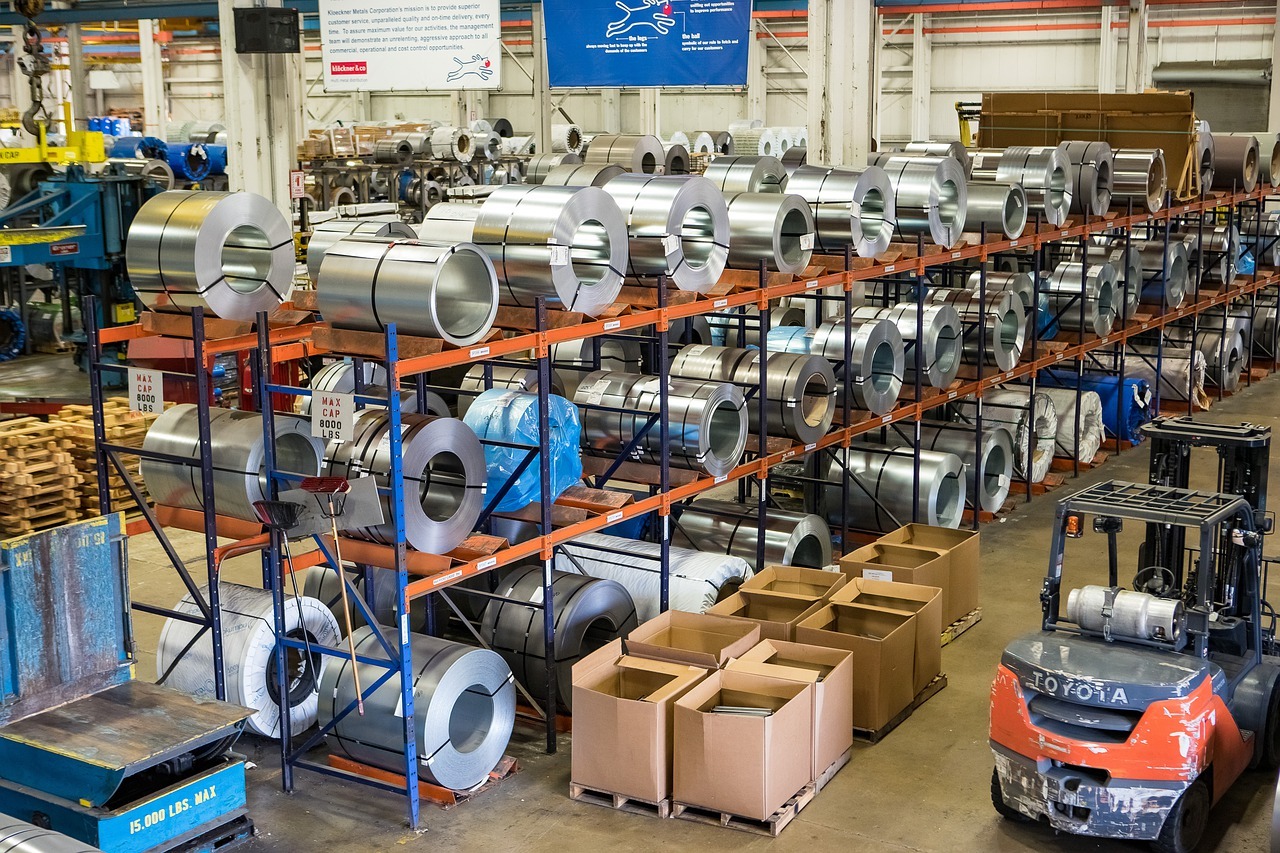
Industrial workforce trends over the past 5 years
My name is James Robinson; I have been Recruiting in Suffolk, Norfolk & Cambridgeshire for the last six years. At Compass Point Recruitment I’m responsible for running an Industrial division. In the last five years of recruiting I have seen a significant change in Warehouse, Production and Manufacturing job functions, of which I’m delighted to share with you.
The last half decade has seen a massive shift in requirements & available workforce.
Five years ago the manufacturing and warehousing industry ran on “a bread and butter diet” of fast rinse and reuse temp work force, mainly low skilled and quickly replaceable by a queue of eager workers. I have witnessed scenes in local towns of migrant workers with suitcases looking through agency windows to see advertised work, so they could get working that day.
The last five year’s allowed for companies to indulge in cheap labour and invest in technology which drove down labour costs i.e. automation. This period of time created/ funnelled a breed of worker what I term the, 'temp temp’ which now find it difficult to settle in one workplace.
Available labour work force of who were actively seeking warehouse assignments has also trailed off massively due to foreign economies gaining their own growth spurts and enticing work being offered closer to home, without the need to uproot and divide entire families.
Robots & Automisation have changed staffing skills levels
As many companies(at least two thirds of my clients) have invested in robots or line automisation to; pack, palletise, bail, and weave materials, the required workforce has also changed. Operators are now required to do more than one thing, which has left a void, typically Production and Warehousing was seen as unskilled, it has quickly become a skilled or semiskilled persons environment, where only those of whom can operate and maintain multiple pieces of machinery can survive, larger facilities opting to train operators to cover basic and sometimes complex tasks an engineer would once have carried out.
Covid & manufacturing labour force
In general there have not been mass redundancies within Manufacturing and Warehousing, consumer’s still need food & goods produced and moved and many of the big changes in automation have already occurred or at least the ground work has been implemented. That’s not to say there have not been redundancies; however a good industrial worker will normally always be in-demand.
My advice to any company looking for a solid stable workforce would be to opt for a permanent workforce and only use temporary workforce if your peak sales and quiet times are too extreme or unpredictable, temps are like the ETFs (Exchange- traded funds) of the precious metal industry, you are never really sure if your investment is backed by something solid!
Temps can still be great for plugging gaps but truly dedicated workers now often expect a lot more than they used to, and offering less can end up costing insurmountable amounts in continued training of new staff.
Shifts & Work hours
On the whole local candidates are looking increasingly for the traditional Monday to Friday work week, with sociable working hours. Candidates are increasingly looking for a good work life balance, often over better paid shift positions with unsociable long work hours with moving ON/OFF & DAYS/NIGHTS. Industrial sites sometimes cannot offer this if they’re 24/7, so other incentives have to be there.
Client incentives being offered to Industrial Staff
To ensure our clients get the “pick of the crop” some are offering a range of additional packages to incentivise Workers to remain loyal to them i.e.
- A more personal & integrated Onboarding & monitoring process, where Workers feel they are not taken for granted or treated differently if they’re, ‘agency’ or new to the site as a permanent member of staff.
- Work related bonuses in the form of: a quarterly / yearly company bonus & or personal performance bonus i.e. Pick Bonus.
- Over time rates of 1.5- 2x basic pay.
- Temp to perm after 13 week qualifying period for Temporary staff.
- Additional recognised and useful training i.e. Forklift.
- Flexibility with work hours, where the product and work environment allows.
- Offerings of over the basic 20+8 statutory Annual leave allowance.
- Pension schemes that match up to 8% worker input.
If you would like to talk to me about any Warehouse, Production & Manufacturing staffing requirements, or to pick my brains on anything else - please do not hesitate to contact me on:
- 01284 765700
- james@compasspoint.co.uk
- https://www.linkedin.com/in/james-robinson1/
